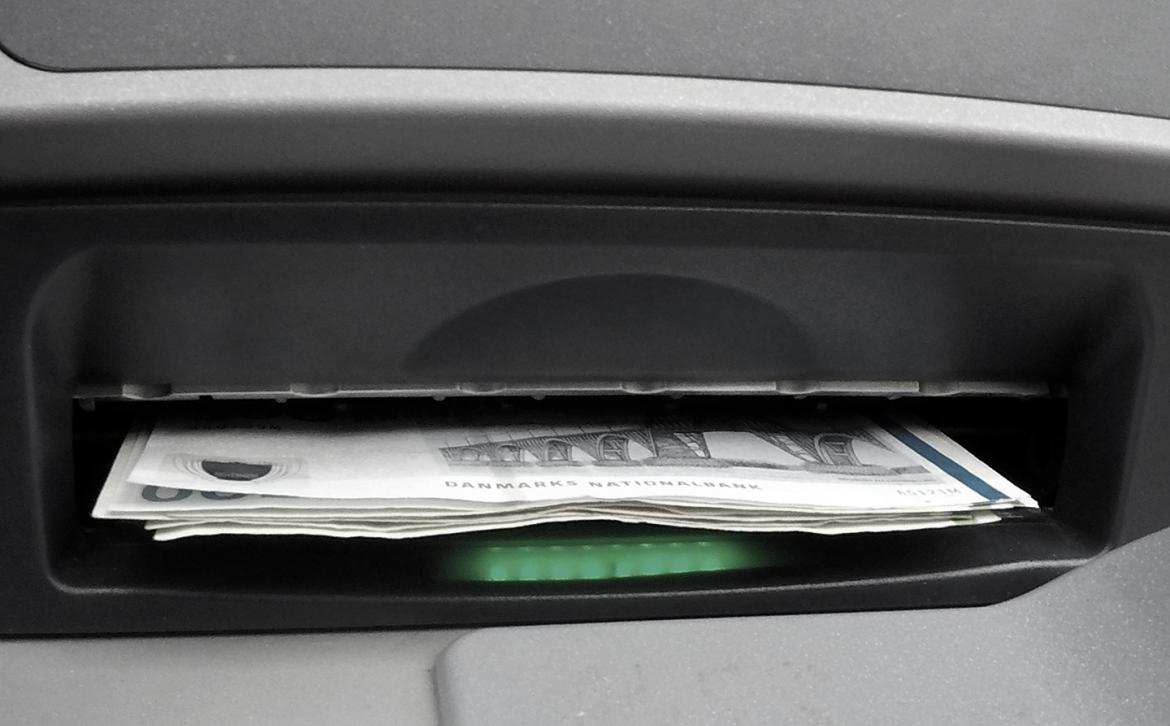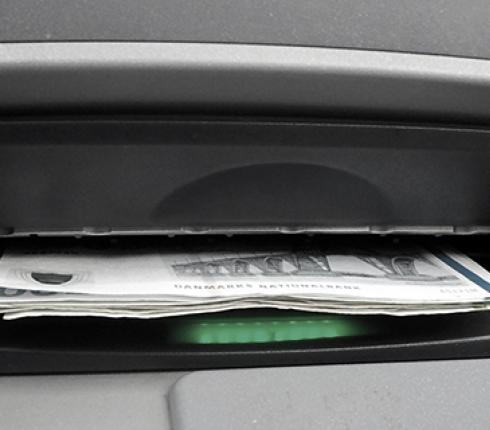NJORD Estonia: ‘Paysera LT’ UAB vs Lietuvos bankas (Bank of Lithuania)
E-money institutions might be considered an interesting alternative to the traditional banking system when paying salaries to employees. In a world where freelancers can work for different employers from different jurisdictions, there is the possibility for salaries to be paid in any of the currencies from where the employers are located and combine the different funds in a single e-money account for the employee. This could be an activity linked to the issuance of e-money.

A recent case originating from Lithuania and ruled by the Court of Justice of the European Union (CJEU) creates case law relating to e-money[1].
1. Facts
“Paysera LT” UAB is an institution licensed by the Bank of Lithuania for the provision of e-money and payment services. The supervision board of the Bank of Lithuania decided to issue a warning to Paysera for infringement of the rules to calculate own funds requirements.
The rules for calculating own funds requirements when providing payment services are different from the rules of calculated own fund when providing e-money services. While there are 3 different methods (methods A, B, and C) that involve some mathematical and accounting operations, method D (for e-money activities) is more straightforward as it consists of the own funds being at least 2% of the average outstanding e-money.
Moreover, as stated in the judgment, methods A, B and C would require the e-money institution to have more own funds than by method D. This is a relevant point because the share capital requirements for e-money institutions are higher than for payment institutions[2], but the requirement for own funds might be lower.
2. Question
The Supreme Administrative Court of Lithuania presented two questions for the preliminary ruling of the CJEU, each one directed to assess if two specific services can be considered activities linked to the issuance of e-money (given reason to Paysera to apply method D) or if they are payment services (giving reason to the supervision board of the Bank of Lithuania and requiring calculation of own funds under method A, B or C).
Service 1 – Redeeming e-money to a third-party bank account at the request of the e-money holder.
Service 2 – Issuing e-money to the seller upon receipt of funds from the buyer that is payment for a certain product or service.
3. Court Decision/Reasoning
The services presented to the CJEU are activities linked to the issuance of e-money and do not constitute a payment service if these two services trigger the issuance or redemption of e-money in a single payment transaction.
Whether the services trigger issuance or redemption of e-money is for the Lithuanian courts to ascertain since it is a provable fact and not a matter of interpretation of the law.
In conclusion, these are activities linked to e-money when, in service 1, redeeming means sending the funds directly to a third-party bank account without passing through the e-money holder and, in service 2, accepting the payment for the product/service means receipt of funds.
[1] Case C-389/17 from 16 January 2019
[2] E.g. in Lithuania and Estonia, the share capital for payment institution depends on the services provided and can be at least 20,000eur, 50,000eur or 125,000eur. For e-money institutions the minimum share capital is 350,000eur.





























